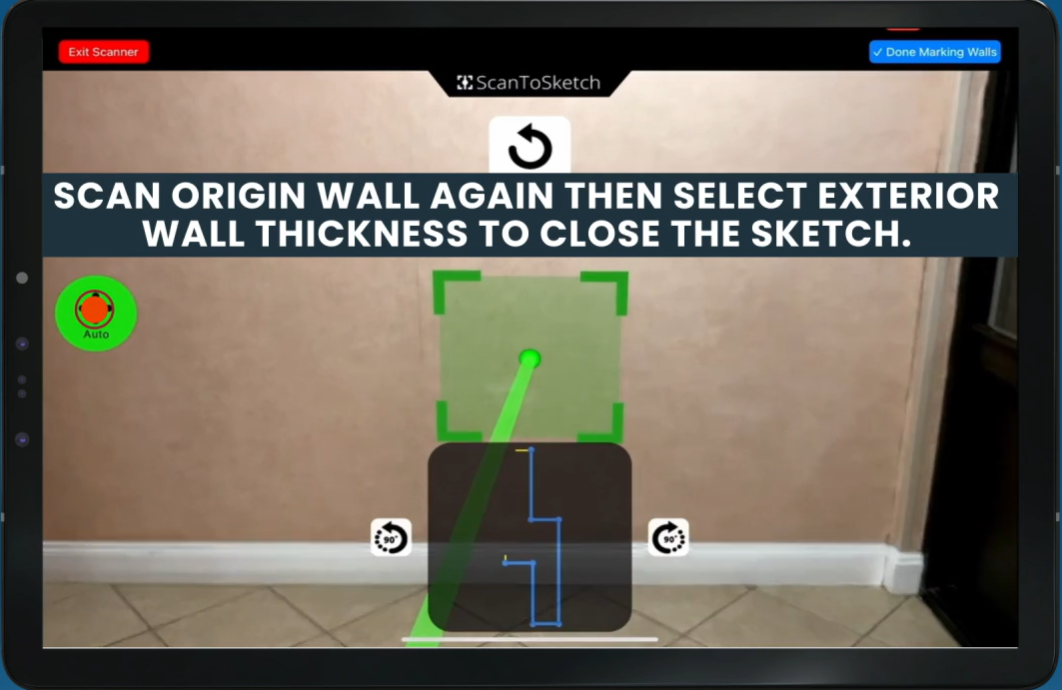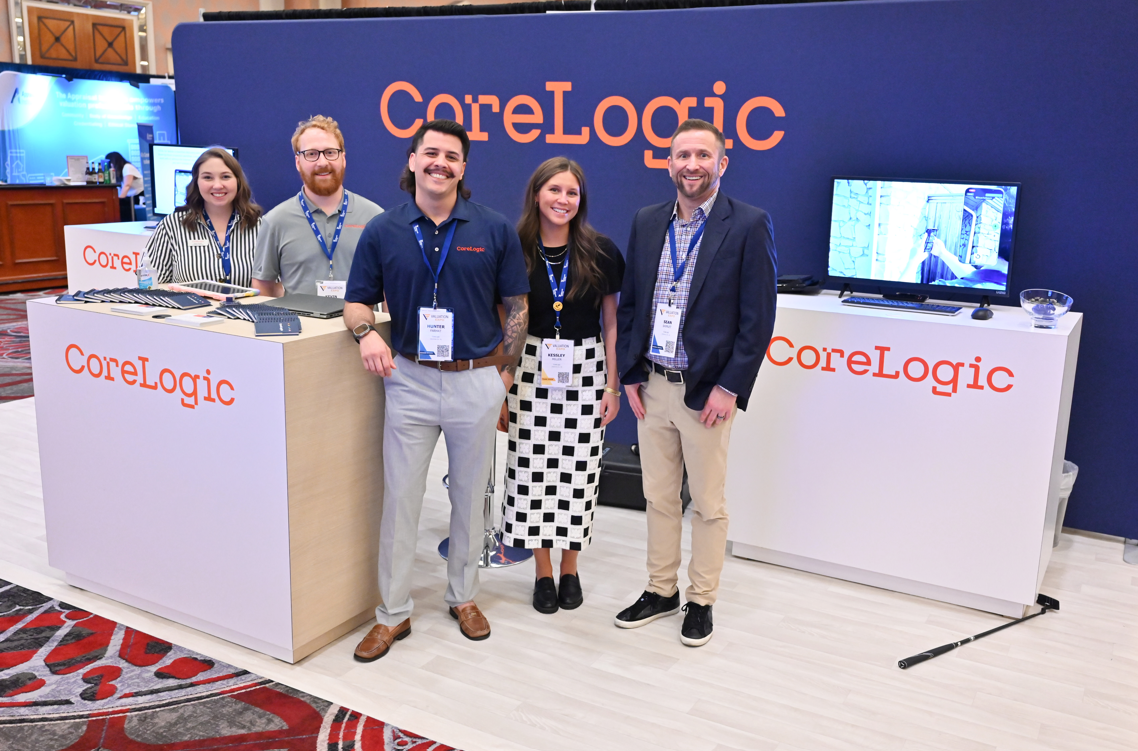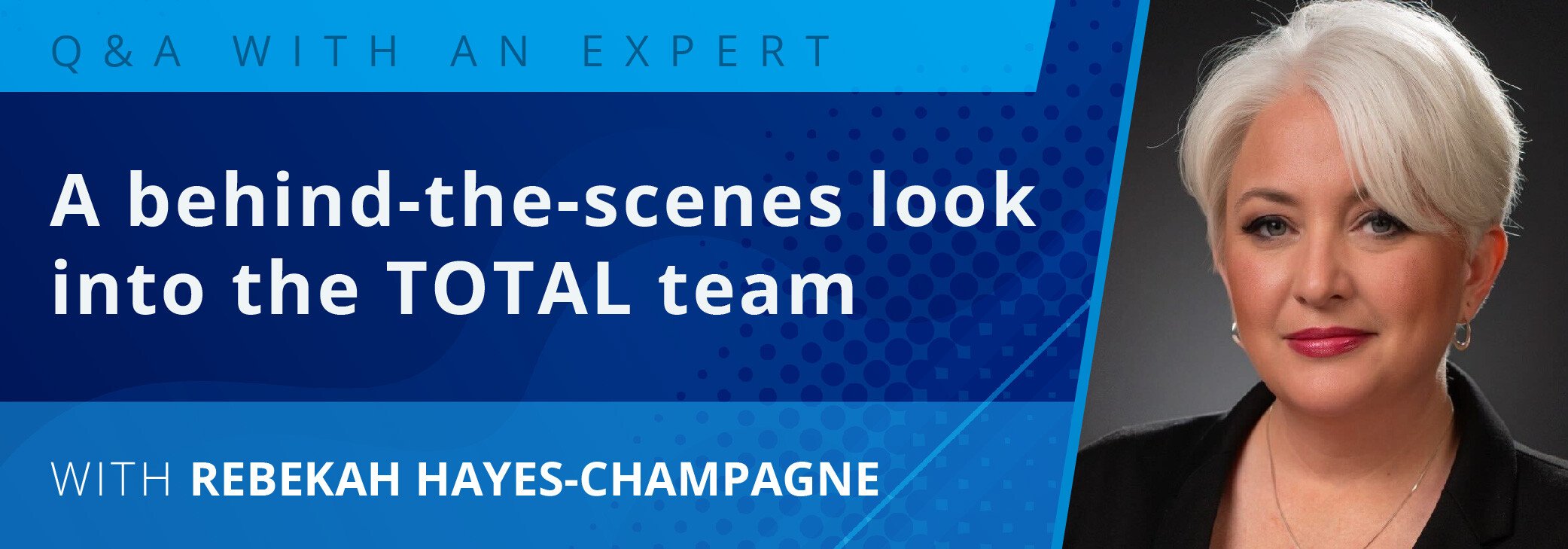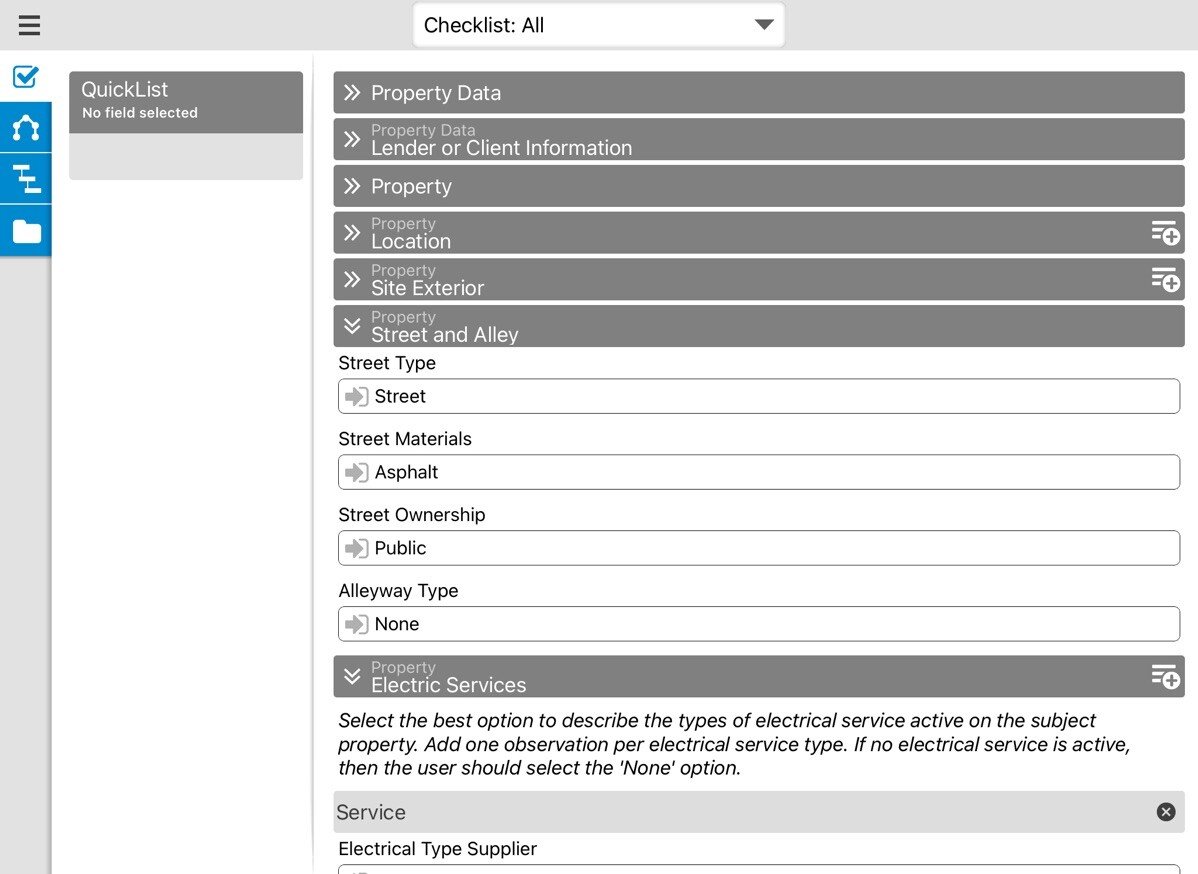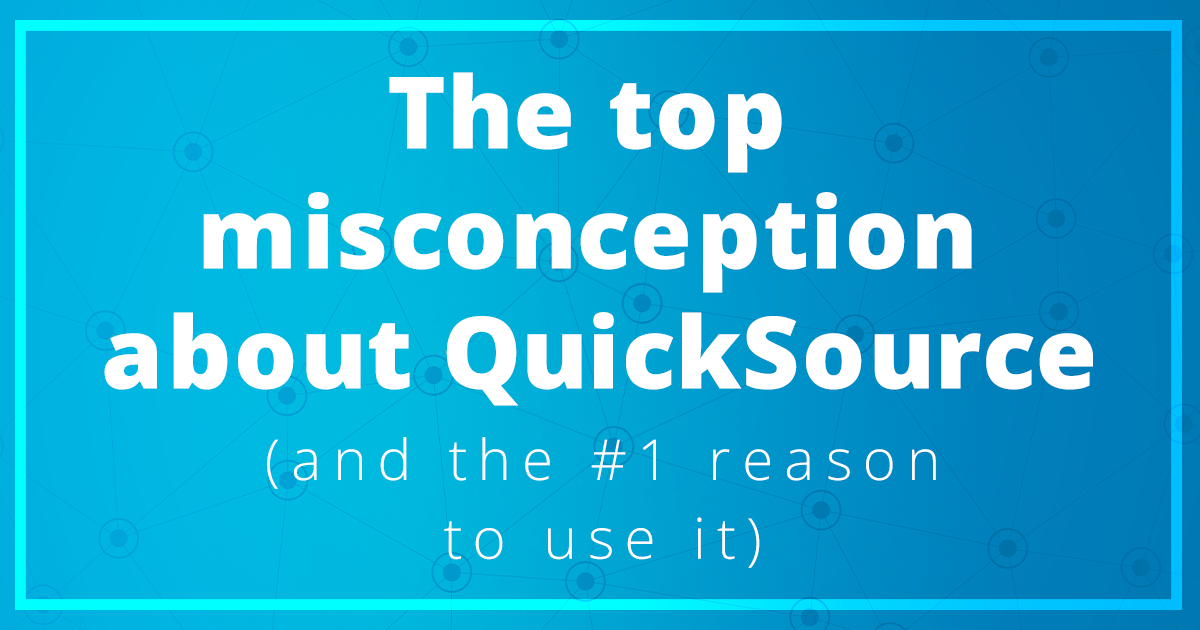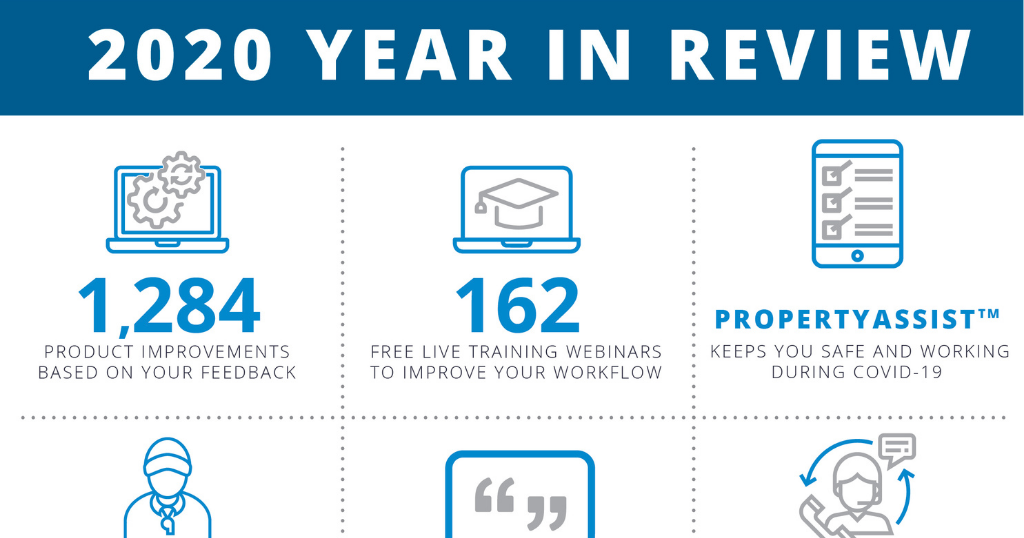This is a guest post by Woody Fincham, SRA, and Rachel Massey, SRA and AI-RRS specializing in ERC, Lake, and review work. Find more of Woody's writing on his blog here.
When is it acceptable to tell others about your assignments? Is it okay to tell someone that you just appraised a famous movie star’s home? It is human nature to share the weird, unique and exceptional with others. Recently there was a debate on a social media site about appraising celebrity homes and naming the names of said celebrities. We have all done something similar, sometimes in an open forum, sometimes between close colleagues. We are all human and it is within our nature to share the oddities and unusual stuff we have the opportunity to see, or even appraise. The only other human beings that really understand what we do are our peers. Many people are using Facebook for all sorts of things from conducting business to connecting with others. But should we do it? Is it in our best interest to share so openly in venues such as Facebook and other areas?
What does USPAP have to say about such an exchange?
While USPAP does not specifically address social media, it does address confidentiality. In fact, it may be a breach of USPAP to name the names of our clients' clients. I use the word “may” because USPAP is silent on this particular issue, and it is somewhat of a stretch to indicate this could be a violation. But one thing is certain: Sharing such information is unwise to say the least. The Confidentiality section of the Ethics Rule requires appraisers not to divulge any confidential information, which is simply put as: “An appraiser must protect the confidential nature of the appraiser-client relationship.”
Although the celebrity may not be our client, they are the client of our client, and naming names is simply unwise as well as potentially a violation of our USPAP. Appraisers have a duty of “Public Trust”, which is so important that it is in the first paragraph of the Preamble of The Uniform Standards of Professional Appraisal Practice (USPAP for short):
The purpose of the Uniform Standards of Professional Appraisal Practice (USPAP) is to promote and maintain a high level of public trust in appraisal practice by establishing requirements for appraisers.

Common Sense
The idea of naming names for an ego boost is stepping over the line and into eroding a level of public trust. For us, it is in the vein of an attorney divulging confidential information, or an office worker at a doctor’s office talking about who came into the office for what treatment.
In that debate I mentioned earlier, someone brought up the concept that it was not a good practice to share such details of an assignment. Like so many social media exchanges, it got interesting and quickly got contentious. The argument floated within the thread was that celebrities do not have the same level of protection as the public, by virtue of their celebrity, but is that a valid argument?
Timothy C Andersen, MAI, an AQB Certified USPAP Instructor offered the following on this argument: “The word 'celebrity' has no standard definition. Who may be a celebrity to those under 25 may be a total unknown to those over 65. Someone who makes movies for a living has just as much right to privacy, respect, and dignity as does a real estate appraiser. To claim otherwise is silly, without any basis in fact, logic, or reason.“ This is a logical and appropriate argument in our opinions.
Another contention of the proponents of disclosure was that the address of the property was not disclosed, so it was okay. For example, if an appraiser living in Connecticut says they just appraised Big Wig Z’s house, it is a simple exercise to look in the area that the appraiser lives and operates and to search for deeds and/or public records for Mr. Z’s abode. Why even take the chance? What possible purpose does it have other than to be fodder for gossip and discord? According to Andersen:
“It is not uncommon for so-called celebrities to mortgage their houses. If you are doing the mortgage, your confidentiality obligation is to the lender, not the celebrity. However, if you were to divulge on a social media site anything about that property that is not otherwise already available, such as tax assessment and so forth, you could be opening yourself up to invasion of privacy charges. This is despite the fact that you gave up nothing that USPAP would consider confidential."
While social media is a wonderful outlet to stay connected with others, we have to become circumspect in what we discuss. While we are both fond of the saying that appraisals have both long legs and a long life, it is becoming increasingly apparent that so too, does social media. In the end, it is best to think it through. What goes on social media stays there forever. Even when you delete it, someone else may and probably has created a copy of it. Is this the way we want to be perceived through the public eye? Probably not, so maybe the best policy is simply staying mute about the properties we appraise, unless there is nothing left that makes the property identifiable by someone who has a keen eye for internet research.



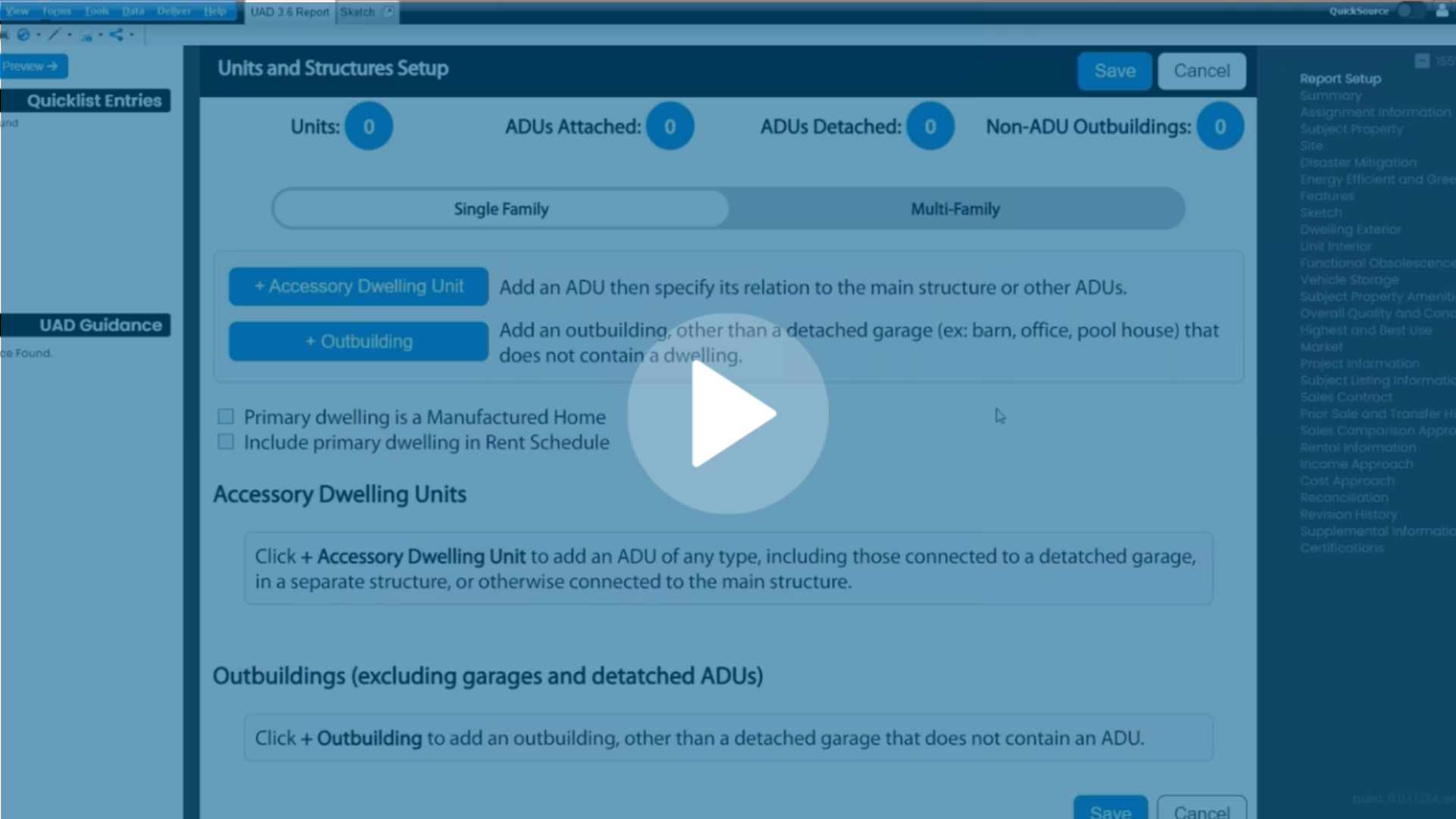
.png)
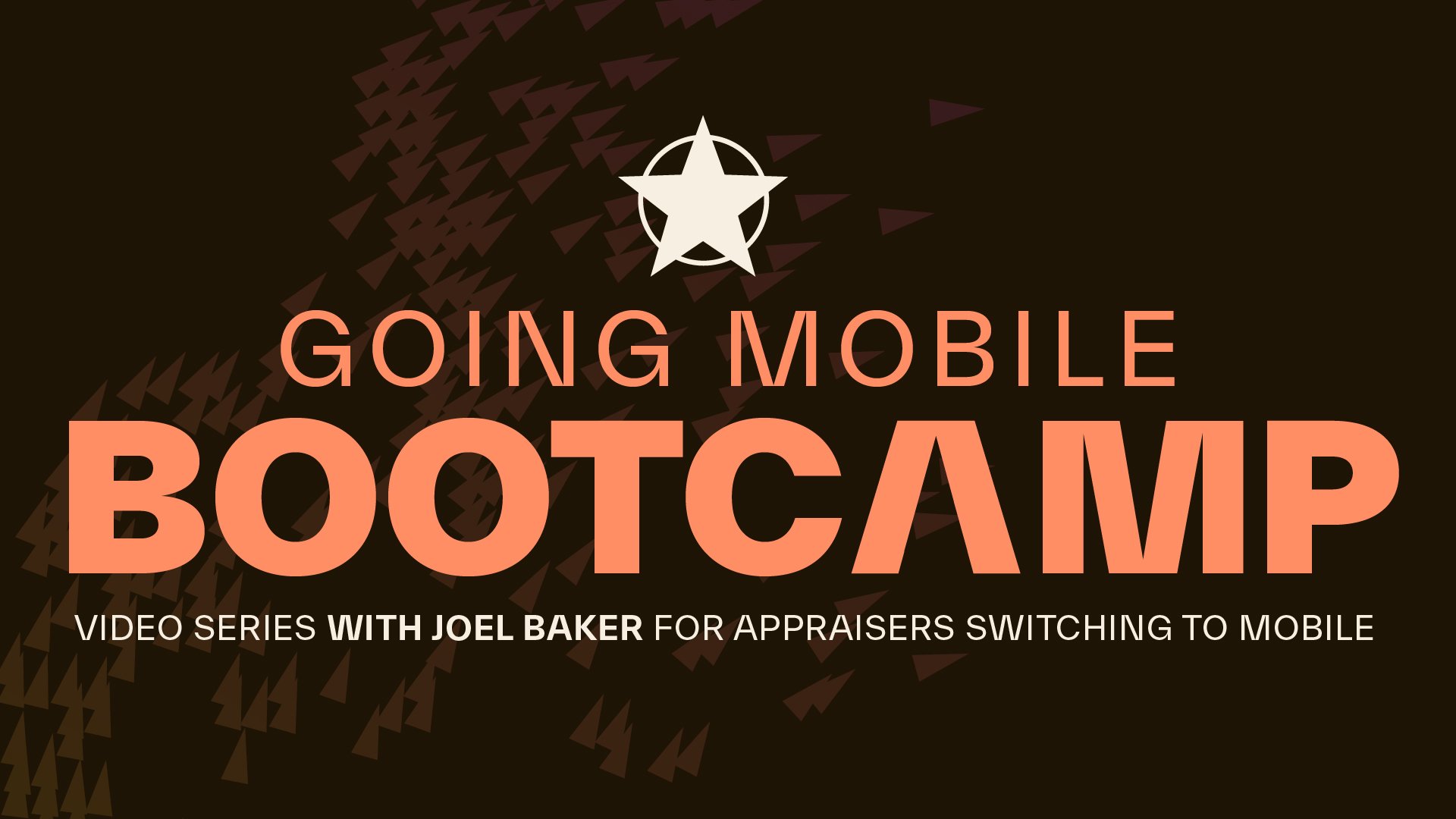
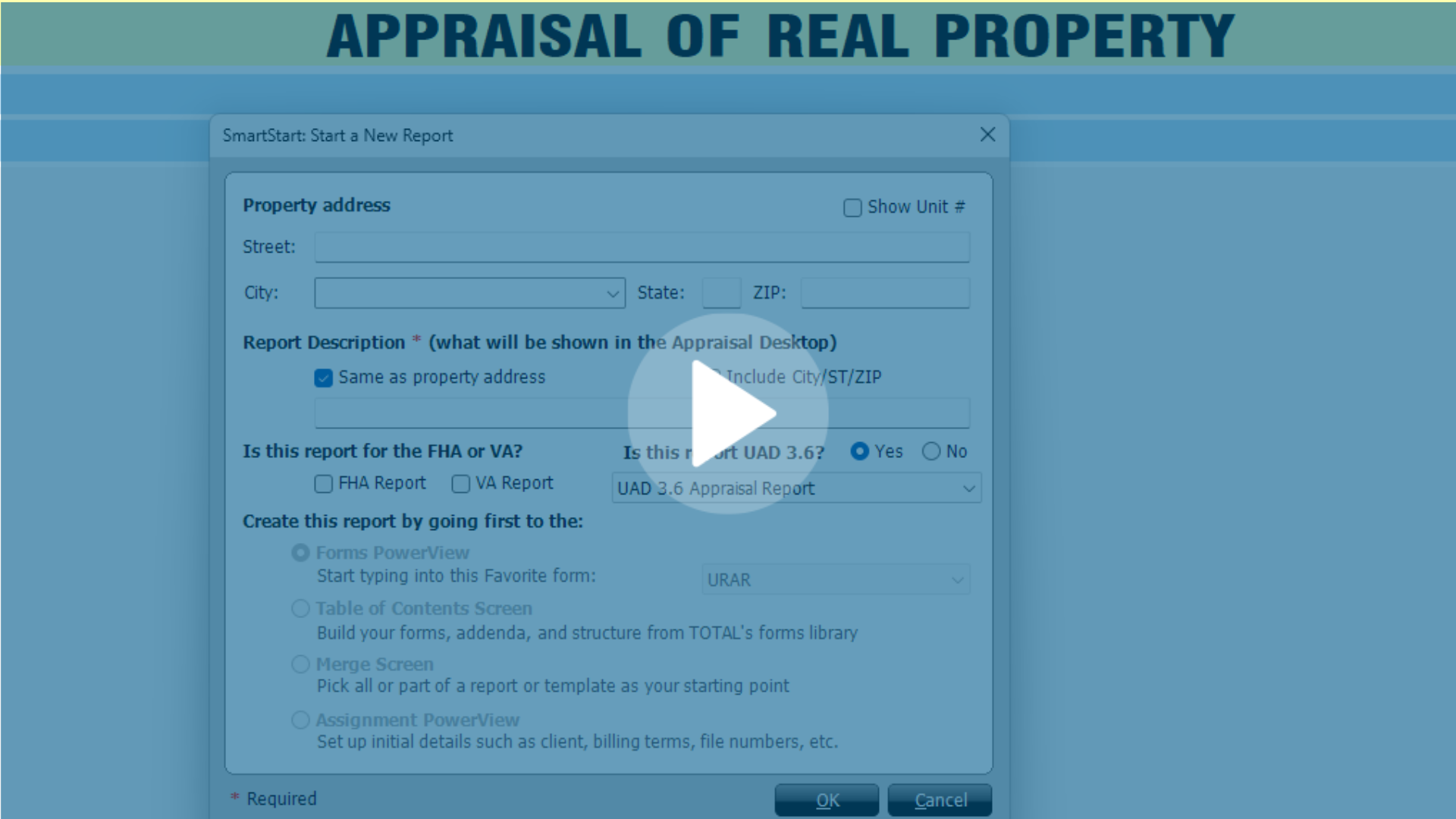


.png)
-1.png)
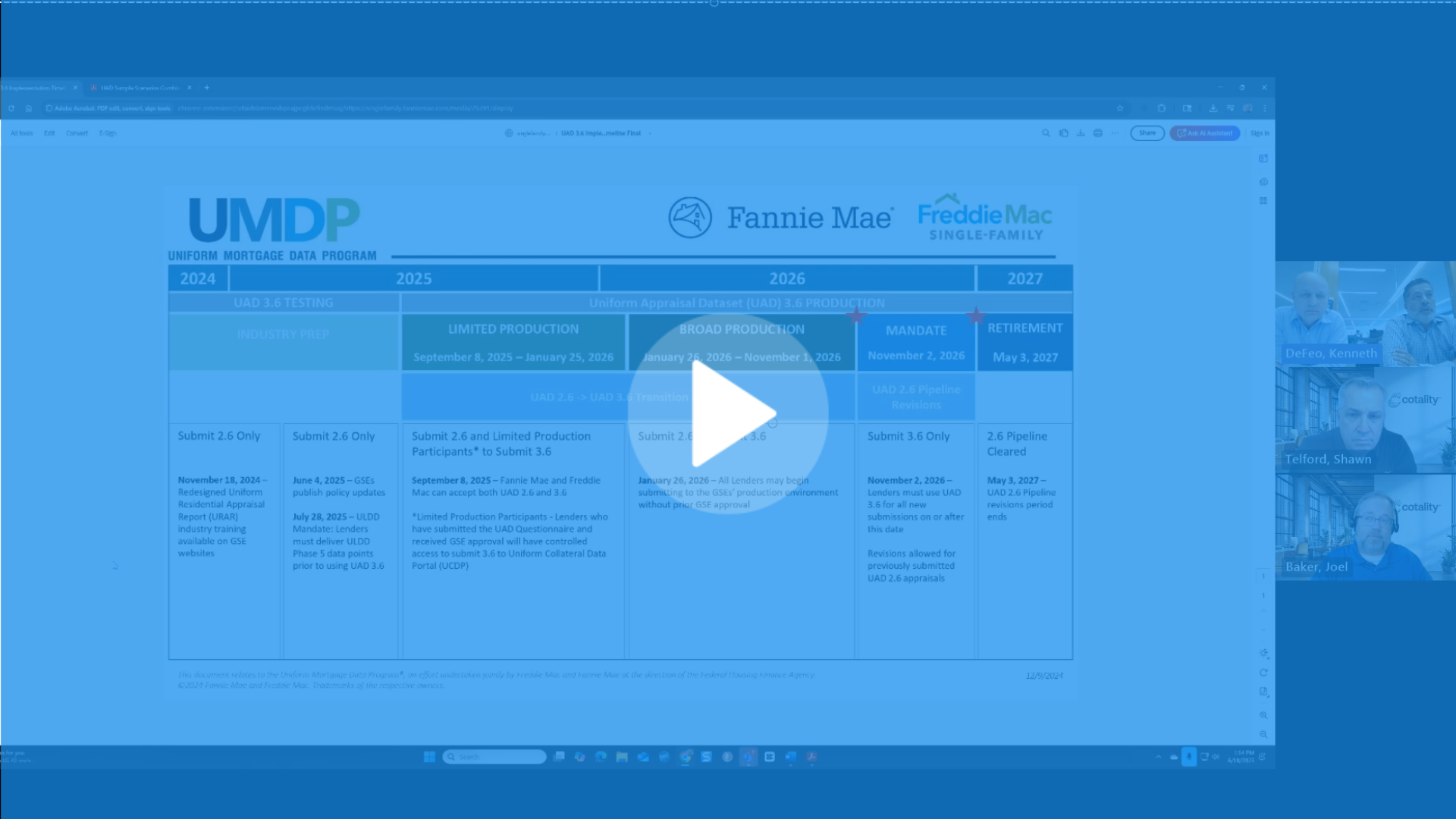
.png)
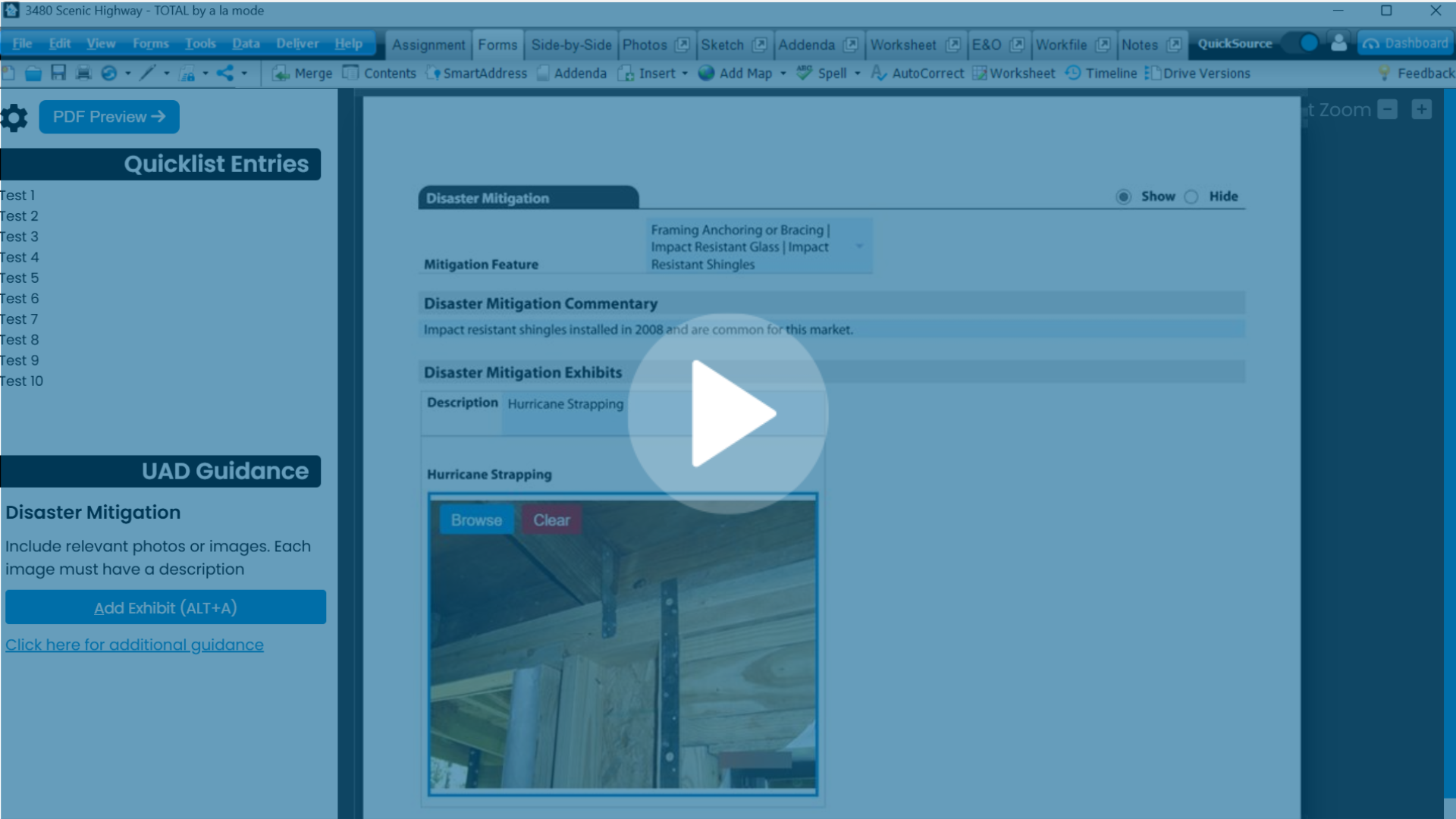
.png)
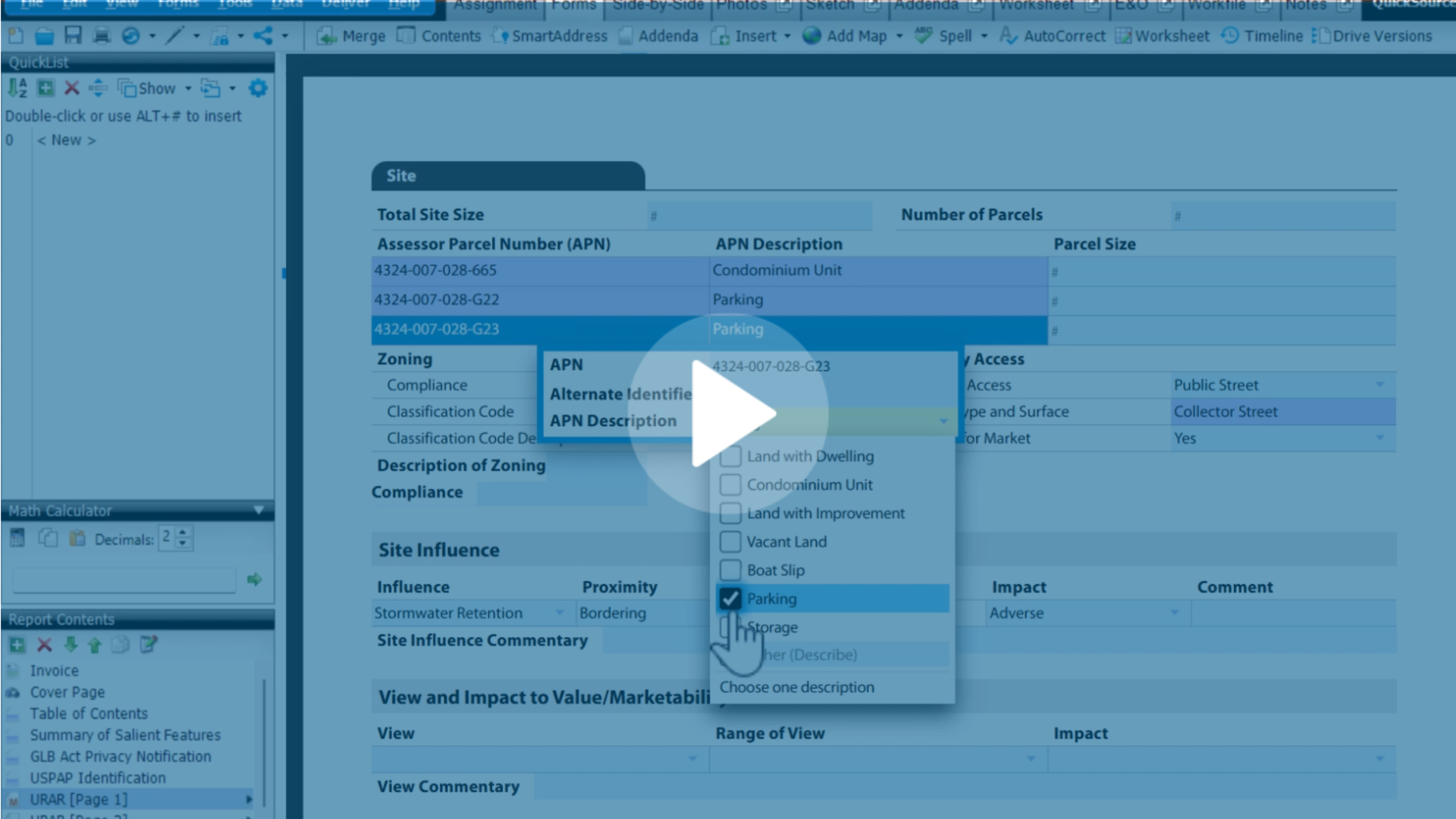
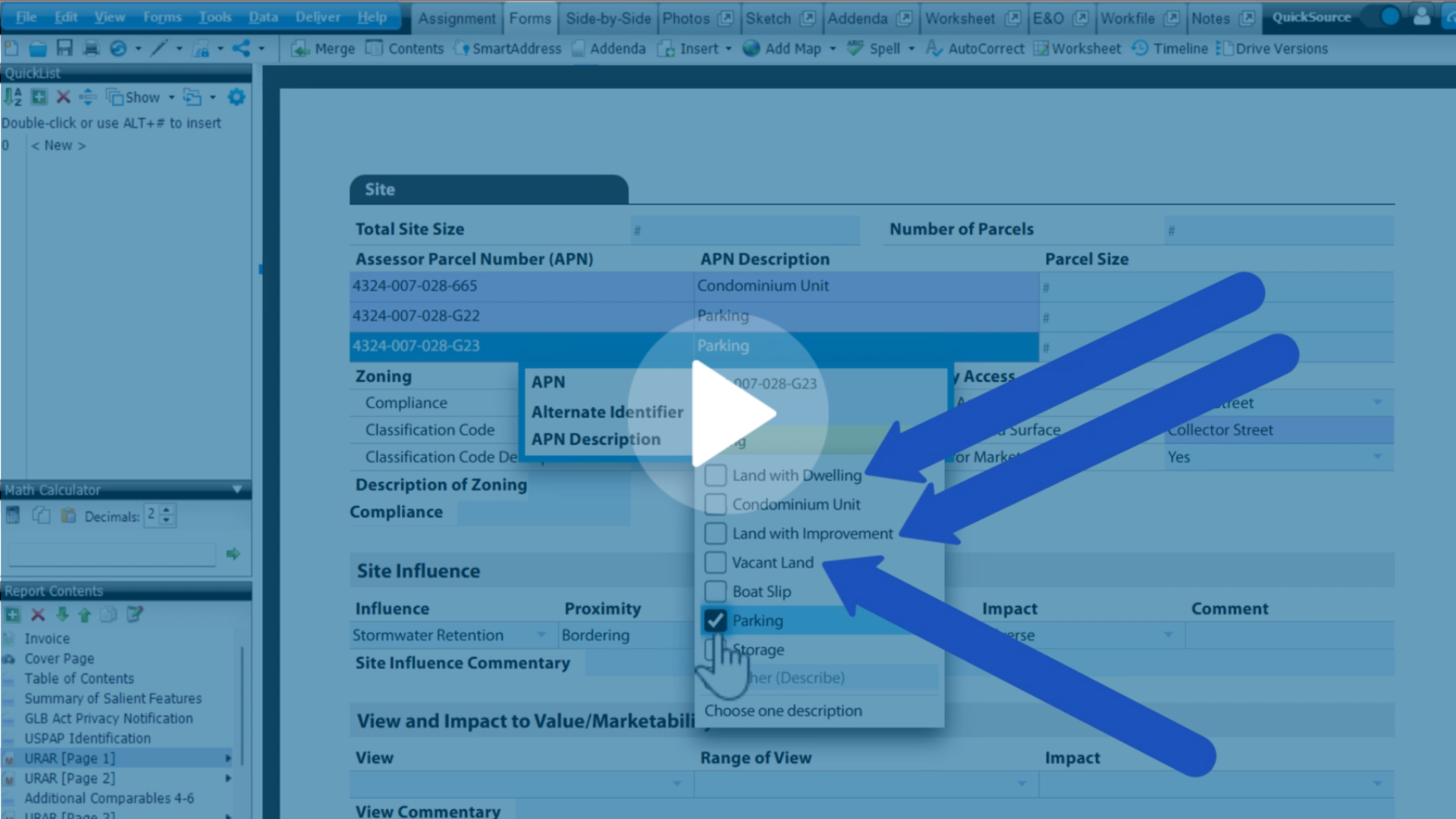
.png)
.png)
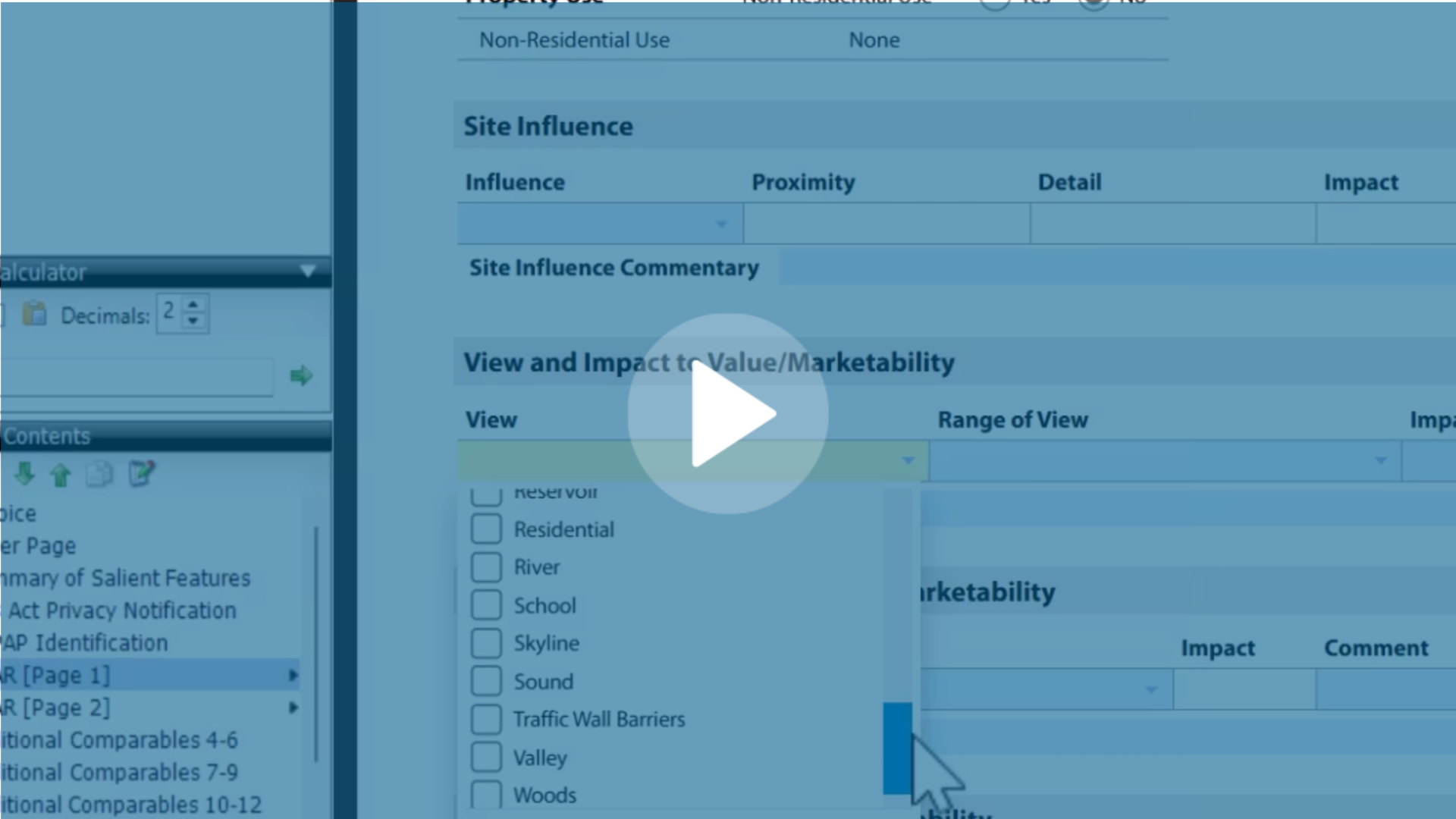
.jpg)
.png)
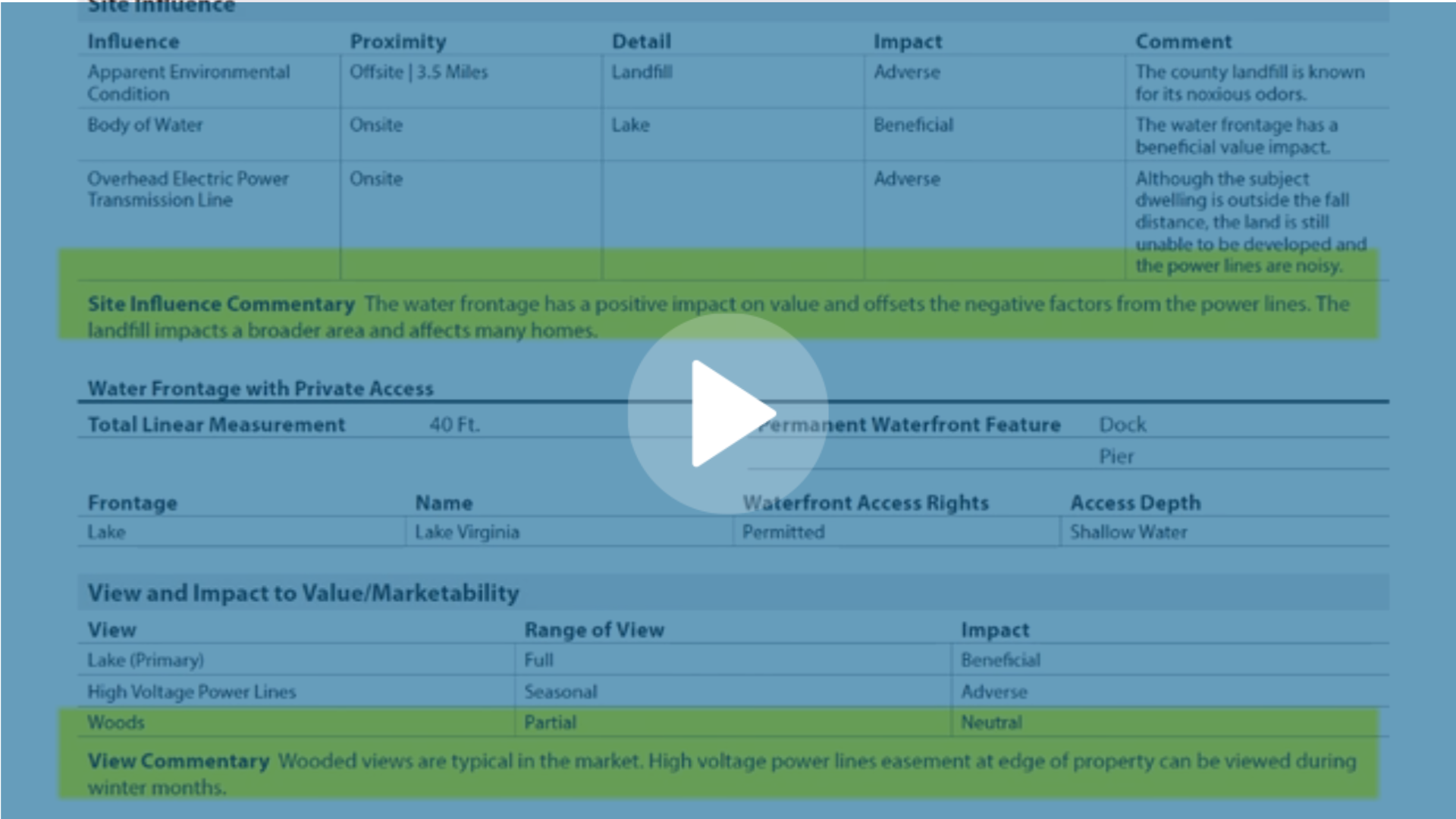
-1.png)



